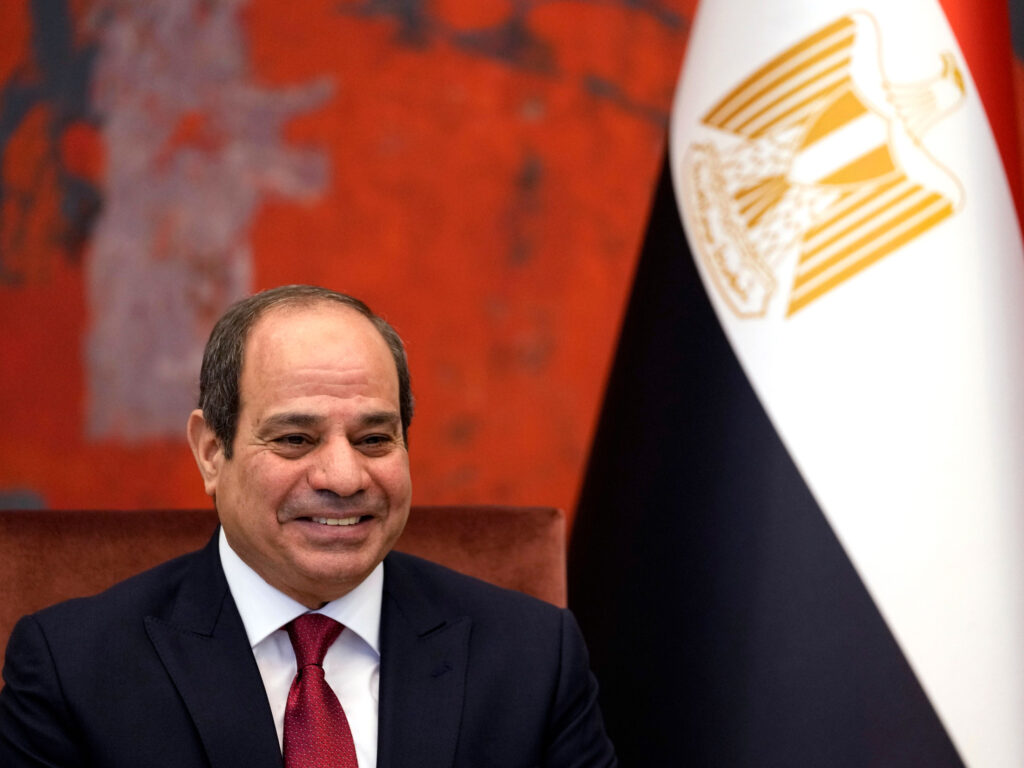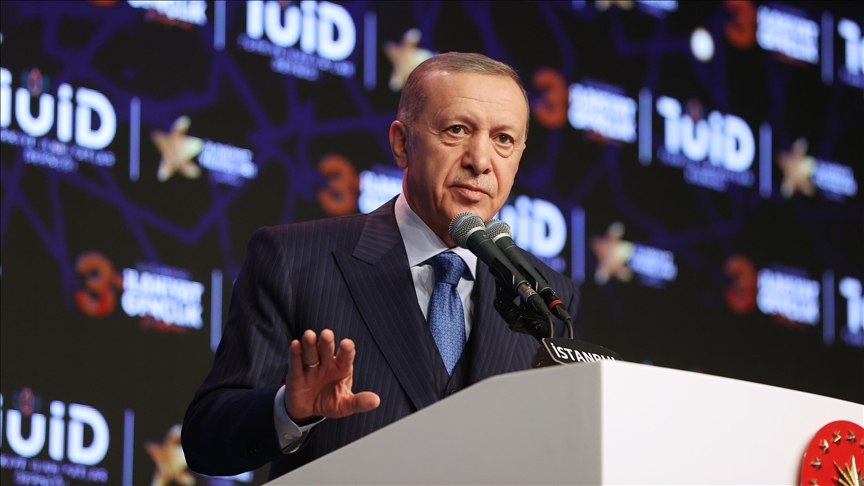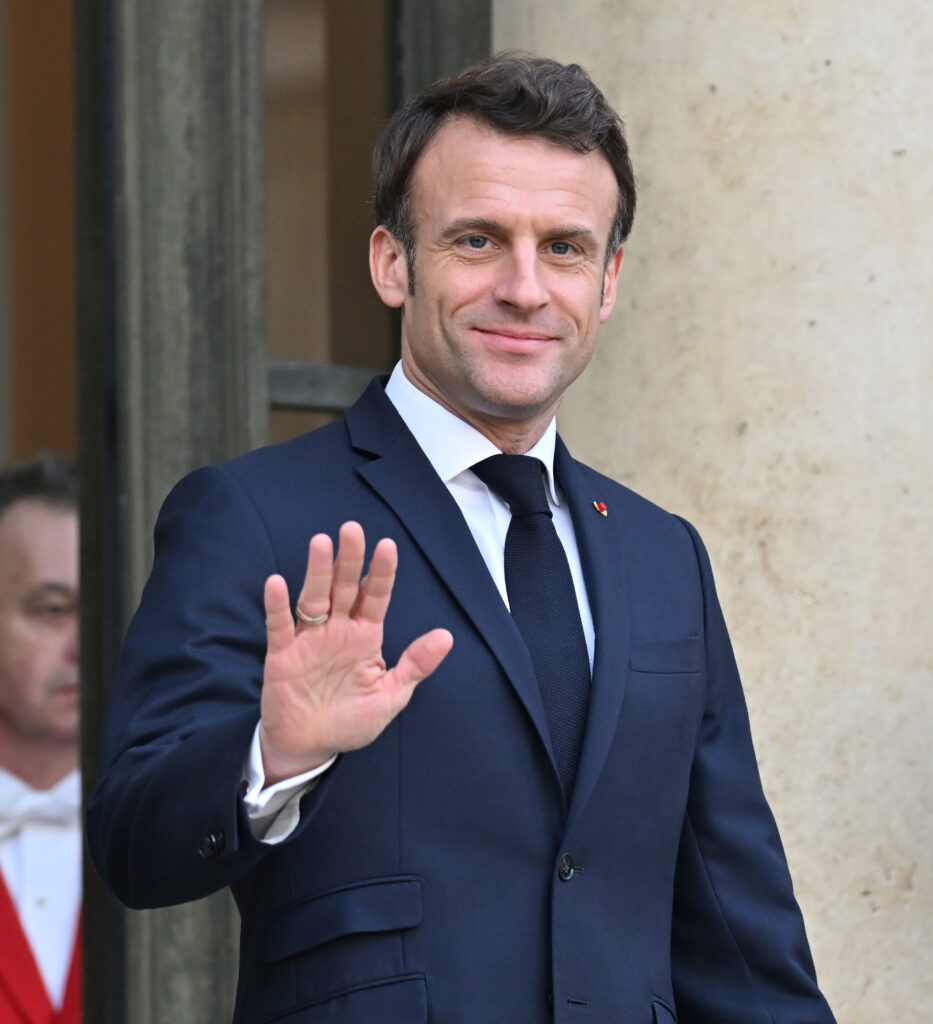Rewriting the Thiaroye Massacre and the Shifting Historical Narrative The massacre at Thiaroye, which took place on December 1, 1944, remains one of the darkest chapters in the history of French colonialism in West Africa. The victims were soldiers of the “Tirailleurs Sénégalais,” a corps of colonial infantry drawn from West Africa to fight in both World Wars. Tensions had been building among the soldiers over unpaid wages in the days leading up to the massacre, and on that fateful day, French troops turned their guns on unarmed African soldiers, killing many. For years, French authorities downplayed the incident, labeling it as a “mutiny.” Early French military reports suggested that only 35 soldiers were killed, while later reports increased the death toll to 70. But recent research, including estimates based on the number of soldiers stationed at the camp, suggests the true toll could have been in the hundreds, with some historians estimating up to 400 deaths. On Thursday, French President Emmanuel Macron officially acknowledged the event as a massacre for the first time, in a letter to Senegal’s President Diomaye Faye, which was seen by The Associated Press. “France must recognize that on that day, the confrontation between soldiers and riflemen who demanded their full legitimate wages be paid, triggered a chain of events that resulted in a massacre,” Macron wrote. However, many historians reject the notion of a “confrontation” between the French soldiers and the African riflemen. Martin Mourre, a French historian and author of Thiaroye 1944: History and Memory of a Colonial Massacre, argues that the events were nothing less than the execution of unarmed soldiers. He points to the absence of any mention of weapons in the trial of the accused African soldiers and the lack of injuries among the French troops as evidence that there was no violent uprising, but rather a cold-blooded massacre. While Macron’s letter recognizes the event as a massacre, it avoids specifying the exact number of casualties, which remains a source of contention. The lack of transparency in the historical record has compounded the controversy. In 2014, French President François Hollande handed over archives on Thiaroye to Senegal’s then-president, Macky Sall. However, key documents—such as those detailing the location of mass graves and the precise number of soldiers present—remain elusive. It is unclear whether these documents still exist or if they have been lost or withheld. Senegalese efforts to uncover the truth have also been hampered. Under President Sall, historical investigations into the massacre were often delayed or obstructed, with some historians blaming diplomatic sensitivities toward France. “The archives remained inaccessible until this year for obscure reasons,” says Mourre. Mamadou Diouf, a Senegalese historian, notes that Sall’s reluctance to confront the painful history was likely aimed at avoiding tensions with the French government. However, Senegal’s newly elected President Bassirou Diomaye Faye has vowed to take control of the country’s historical narrative, with a focus on Thiaroye. Since his election in March, Faye has emphasized the importance of recognizing the massacre as a crucial part of Senegal’s national story. The government has organized extensive commemorations from December 1 to April 2025 to raise awareness and educate the public about the massacre. These efforts are part of a broader attempt to address the colonial past and reclaim Senegal’s historical voice. “The authorities’ goal behind these major commemorations is to integrate Thiaroye into Senegal’s national identity,” says Babacar Ndiaye, a political analyst at the Wathi think tank. “This is not just about remembering the massacre but ensuring the younger generation, many of whom may not know the full story, are exposed to it through television, media, and social media.” The 80th anniversary of the Thiaroye massacre occurs amid a shift in France’s influence in West Africa, where former colonies are increasingly distancing themselves from Paris. In recent years, countries like Mali, Burkina Faso, and Niger have expelled French forces, while Chad has ended its military cooperation agreement with France. Senegal remains one of the few countries where French troops are still present, although they play a more limited, supportive role. President Faye has made clear that he does not view the continued French military presence favorably. “Historically, France enslaved, colonized, and stayed here,” he remarked. “It would be difficult to imagine another country, like China or Russia, having a military base in France.” At a ceremony on Sunday at the Thiaroye military cemetery, Faye announced several initiatives to honor the victims. These include the construction of a memorial, the creation of a research center to house the massacre’s archives, and the addition of history lessons on the event to the national school curriculum. December 1 will now be officially recognized as “National Day of the Tirailleur.” “We are doing this to fulfill our duty of remembrance, to reveal the truth, and to discharge a moral debt to the riflemen and their families,” Faye said, addressing an audience that included France’s Foreign Minister Jean-Noël Barrot, as well as heads of state from neighboring countries. Macron did not attend the ceremony. The official narratives continue to differ. While the French foreign minister referred to the events as a “cry of anger” from the riflemen, which France “repressed in a bloodshed,” President Faye characterized the killings as “a premeditated act”—a clear sign of the ongoing tension between the two countries over how to reckon with this painful chapter of history.










